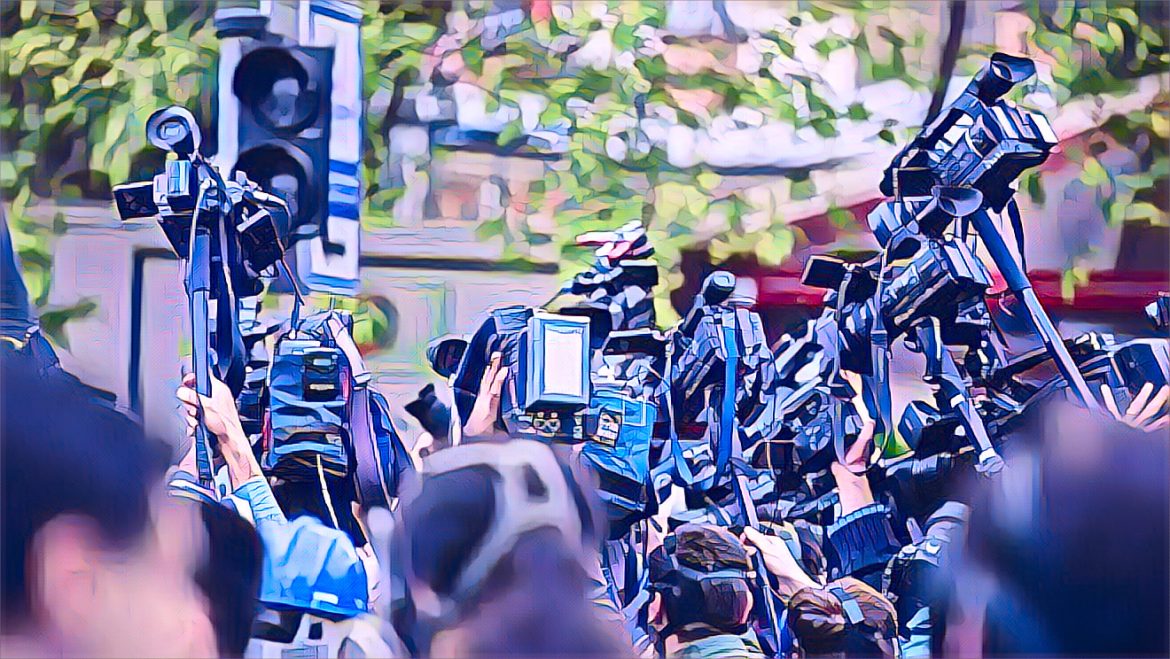In Nigeria, the ongoing harassment and assault on journalists are causing significant alarm among media professionals and advocates for press freedom. The situation poses a serious threat to the democratic framework of the country, as highlighted by The Guardian in a recent comprehensive report.
The constitution of Nigeria, specifically Section 22 of the 1999 Constitution, empowers the media to hold public office holders accountable. Despite this, the political class frequently demonstrates discomfort with this mandate. This tension has escalated recently with a notable increase in attacks against journalists, which many see as a direct assault on press freedom.
The legal framework, including Article 19 of the Universal Declaration of Human Rights (UDHR), underscores the importance of freedom of opinion and expression. These laws guarantee the public’s right to receive and impart information without interference. However, the reality on the ground is starkly different, and Nigeria is often cited as one of the most challenging and perilous countries for journalists in West Africa. This sentiment is echoed by Reporters Without Borders, which ranks Nigeria 112th out of 180 countries in its 2024 World Press Freedom Index, a decline from 129th in 2022.
Journalists in Nigeria face myriad dangers including spying, arbitrary arrests, attacks, and even murder. Their ability to perform their duties effectively is continually undermined by coercion and intimidation, which not only affects them professionally and personally but also degrades the quality of democracy and freedom of expression within the nation.
For example, the abduction and detention of journalists are alarmingly common. On March 15, 2024, Segun Olatunji, former Editor of FirstNews, was forcibly taken from his home in Lagos by a contingent of armed military personnel, including members from the Nigerian Army, Air Force, and the Defence Intelligence Agency (DIA). He was detained, tortured, and dehumanized over a publication, an experience he described as harrowing for both him and his family.
Furthermore, on April 11, 2024, Lanre Arogundade, Executive Director of the International Press Centre (IPC), faced harassment by operatives of the Department of State Services (DSS) while attempting to board a flight for a conference in Berlin. The same day, Joshua Rogers, a reporter with Channels TV, was kidnapped in Rivers State but fortunately released the following day.
The attacks continue with Daniel Ojukwu of the Foundation for Investigative Journalism (FIJ), who was arrested and detained for 10 days in May 2024. His arrest prompted protests from civil society organizations and journalists, highlighting the ongoing crisis.
In response to these continuous threats and violations, Akin Akingbulu, Executive Director of the Centre for Media and Society (CEMESO), has called for media associations to forge strategic relationships with Nigeria’s police and other security agencies. This collaboration aims to foster a mutual understanding that could help reduce the incidence of attacks on journalists by security agents.
Moreover, there is a pressing need for advocacy against criminal defamation and other restrictive laws that hamper journalistic freedom. The National Broadcasting Commission (NBC) must also perform its oversight functions within the legal framework, ensuring that it operates without bias.
Edeatan Ojo, Executive Director of Media Rights Agenda (MRA), pointed out the impunity with which attacks on media practitioners are carried out, noting that between May 2023 and April 2024, there were at least 45 attacks on journalists and media houses. Shockingly, no arrests or prosecutions have followed these attacks, allowing the cycle of impunity to persist.
This climate of fear and suppression has significant implications not just for journalists but for the society at large. It stifles the essential role of the press in fostering informed citizenry and holding governments accountable. As the situation worsens, there is a critical need for all stakeholders, including civil society organizations, to unite in defense of media freedom and ensure the safety of journalists.
In light of these challenges, there are calls for President Bola Tinubu to take decisive action to protect journalists and uphold the principles of press freedom, especially given his background in media ownership and democratic advocacy. The ongoing misuse of the Cybercrimes Act to suppress press freedom is particularly concerning, and immediate steps are needed to address these abuses.
The future of Nigeria’s democracy may well depend on how these issues are tackled today. Ensuring that journalists can operate without fear is crucial to maintaining the democratic integrity of the nation.
Source: The Guardian


